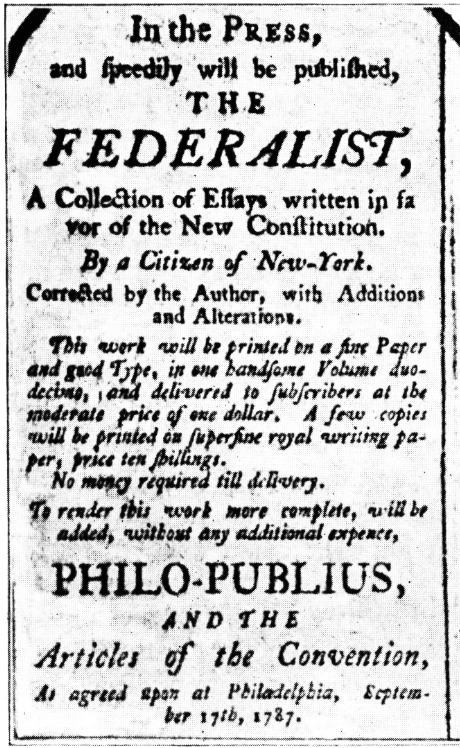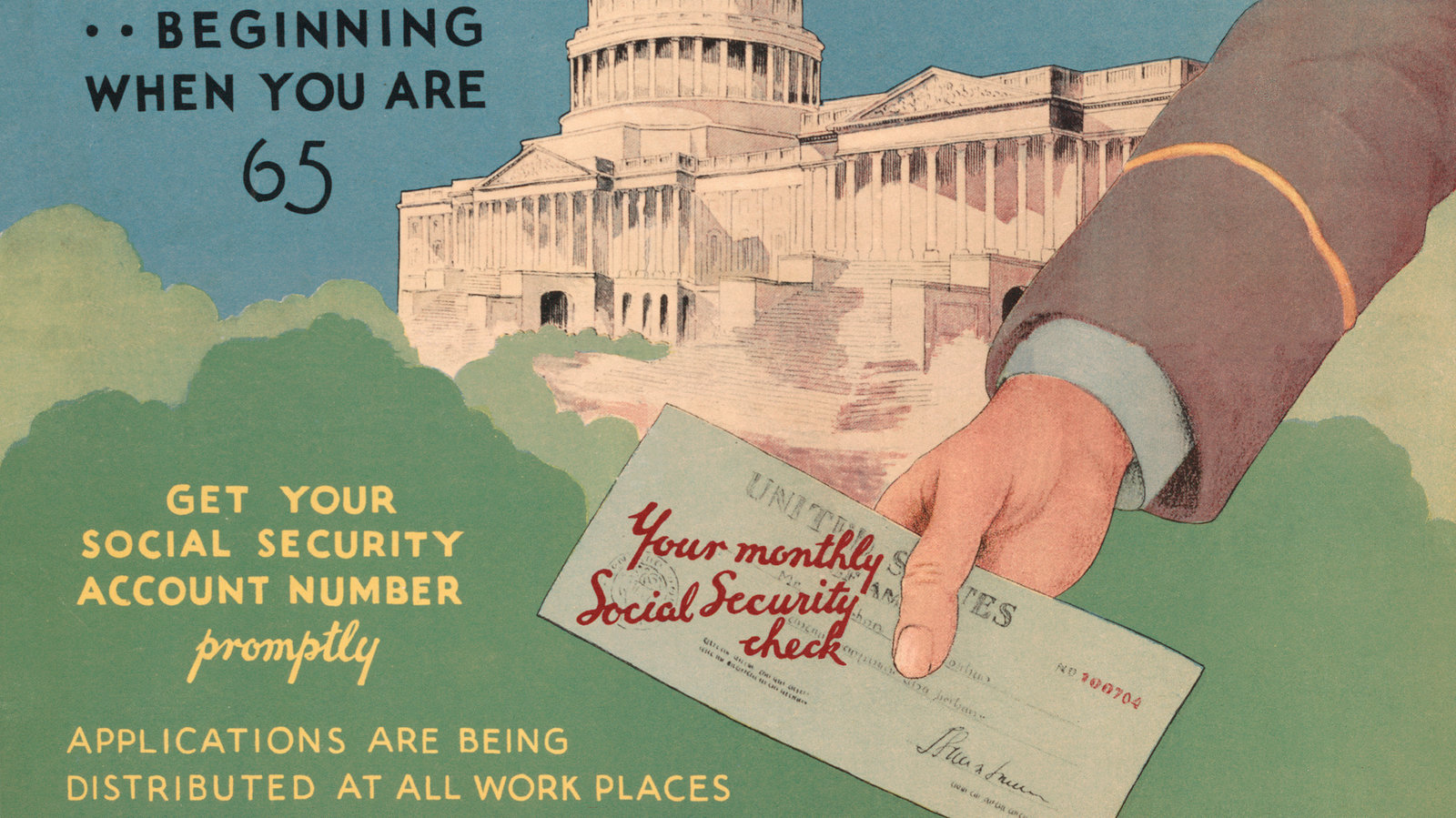<< Hide Menu
2.6 Expansion of Presidential Power
4 min read•june 18, 2024
Akhilesh Shivaramakrishnan
Jed Quiaoit
Akhilesh Shivaramakrishnan
Jed Quiaoit
We have discussed several powers of the presidency already, but the powers that the President currently has is far beyond those described in the Constitution. This expansion of powers - both formal and informal - has been justified by presidents. 🦾
Key Documents and Developments
Federalist No. 70: Executive on Top!
A key foundational document that you should be familiar with is Federalist No. 70. This may be one of the documents that you will be required to pull evidence from for the argumentative essay FRQ. This has often been used as justification for the increased powers allocated to the executive branch.
In Federalist No. 70, the arguments in favor of having a single executive are presented and explained. The author of the Federalist Papers, Alexander Hamilton, lays out the reasons for why he believed it was necessary to have a single, unified leader in the executive branch of government. He provides justifications for why a single executive would be better equipped to effectively carry out the duties and responsibilities of the office, as well as why it would be more efficient and better for the functioning of the government as a whole. 💪🏼

Source: Founder of the Day
22nd Amendment: Two-Two Means Two Terms
The role of the President of the United States has evolved over time and has been shaped by various restrictions on the length of their term in office and the limits placed on their constitutional powers. This evolution is reflected in the passage of the Twenty-Second Amendment, which limits the President to two terms in office. 2️⃣
This amendment demonstrates a shift in the understanding of the role and responsibilities of the President, and highlights the desire to ensure that the President does not hold too much power for too long. These term-of-office and constitutional-power restrictions illustrate how the role of the President has changed and continues to change over time in response to the needs and concerns of the American people and the country as a whole. 💡 Fun fact: The 22nd Amendment was passed in response to Franklin D. Roosevelt’s four terms in office.
Interpreting the President's Power
The interpretation and use of presidential power has been a matter of ongoing debate and discussion, with different perspectives holding varying views on the role of the president. ☀️
- Some believe that the presidential role should be limited in scope and authority
- Others advocate for a more expansive interpretation that would give the president greater latitude in the use of their power. This debate is taking place in the context of current events and continues to be a topic of interest and concern among political observers, analysts, and the general public. This disagreement stems from differing interpretations of the Constitution, with some people interpreting it as granting broad powers to the president, while others believe that the document limits the president's authority. The outcome of this debate has far-reaching implications for the functioning of the government and the balance of power between the executive and legislative branches.
Furthermore, the way that the president uses their power can impact a range of issues, from domestic policy to foreign relations, and has the potential to shape the future of the country for years to come.
Key Events and Illustrative Examples
Several events can demonstrate the expansion of presidential power. Here are some you should consider: 🎩
- Civil War - President Lincoln suspended habeas corpus.
- The New Deal - President Roosevelt’s programs completely changed the American economy at the time, including implementation of welfare programs.

Source: Wikimedia Commons
FDR's State of the Union Address (1941)
Franklin Delano Roosevelt’s State of the Union Address in 1941 is often cited as a prime example of a more expansive interpretation of presidential power. In this address, Roosevelt called for a "Four Freedoms" speech, in which he outlined his vision for a world based on:
- freedom of speech
- freedom of religion
- freedom from want
- freedom from fear He argued that the president had the responsibility to lead the nation towards these goals, and that the executive branch should have the necessary powers to achieve them.
Taft's Our Chief Magistrate and His Powers (1916)
On the other hand, William Howard Taft’s Our Chief Magistrate and His Powers is an example of a more limited perspective on presidential power. In this book, Taft argued that the president's powers are limited by the Constitution and that the president must act within the bounds of the law.
He believed that the president should not take actions that are not specifically authorized by the Constitution and that the president's role should be primarily ceremonial, with executive power being vested in other branches of government. 🃏
Teddy Roosevelt's Autobiography (1913)
Theodore Roosevelt's writrten autobiography is another example of a more expansive interpretation of presidential power. In this book, Roosevelt argues that the president should not be afraid to act boldly and use their powers to advance the nation's interests, even if their actions are not explicitly authorized by the Constitution.
He believed that the president should act as a "steward of the people," using their power to address the most pressing issues of the day, and that the president should be prepared to take bold action to advance the country's interests.
🎥 Watch: AP GOPO - Presidential Roles

© 2024 Fiveable Inc. All rights reserved.